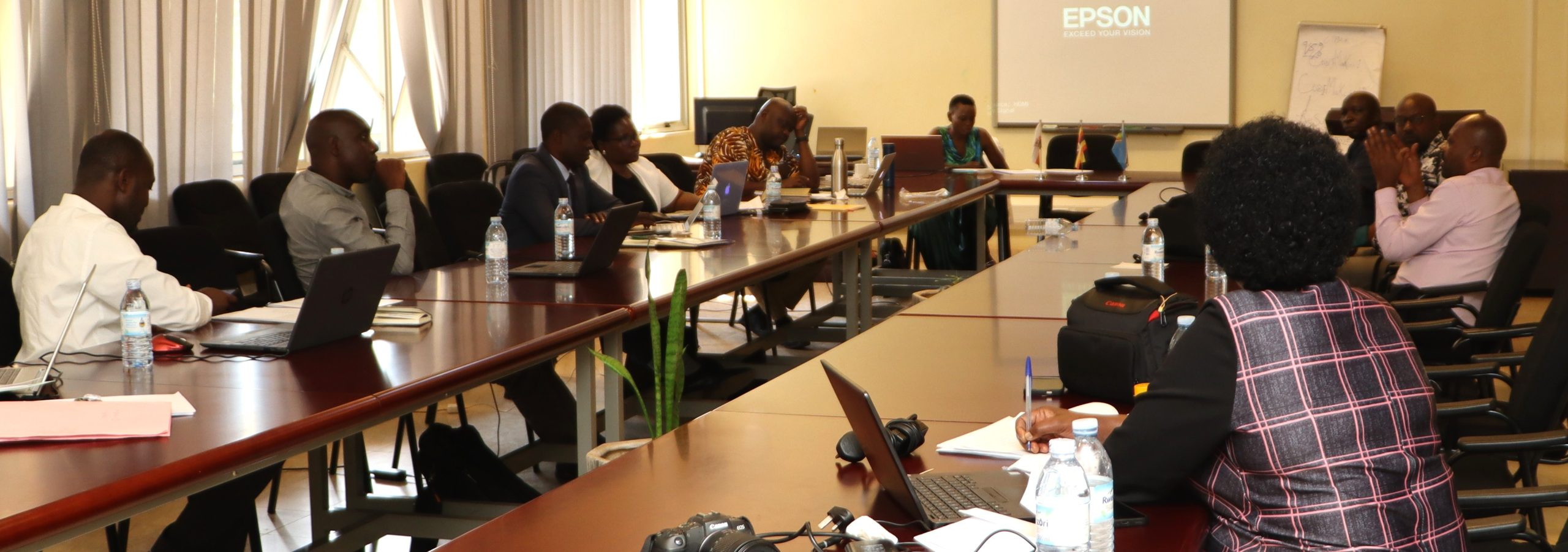Makerere University, Kampala 2-3 September, 2025
Makerere University’s College of Humanities and Social Sciences (CHUSS) held a two-day retreat on September 2nd and 3rd, 2025, aimed at repositioning the college within the broader framework of the university’s forthcoming 2025–2030 Strategic Plan. The exercise also sought to ensure that CHUSS’s priorities are aligned with Uganda’s Fourth National Development Plan (NDP IV).
The retreat brought together representatives from the principal’s office, deans, heads of departments, academic staff, and administrative representatives to review, critique, and contribute to the university’s draft strategic plan. The goal was to ensure that the distinct voice and critical contributions of the humanities and social sciences are reflected in the final document.

Opening Remarks: Repositioning for Relevance
The retreat was formally opened by Assoc. Prof. Eric Awich Ochen, Deputy Principal, speaking on behalf of the CHUSS Principal, Prof. Helen Nambalira Nkabala. In his remarks, Prof. Ochen underscored the importance of strategic planning not only as a legal mandate for all government entities, including higher education institutions, but also as a tool for introspection, repositioning, and forward planning.
“We need to review where we are, take stock, and replan for another five years,” he said, adding that the university’s last five-year plan (2020–2025) had reached its end.
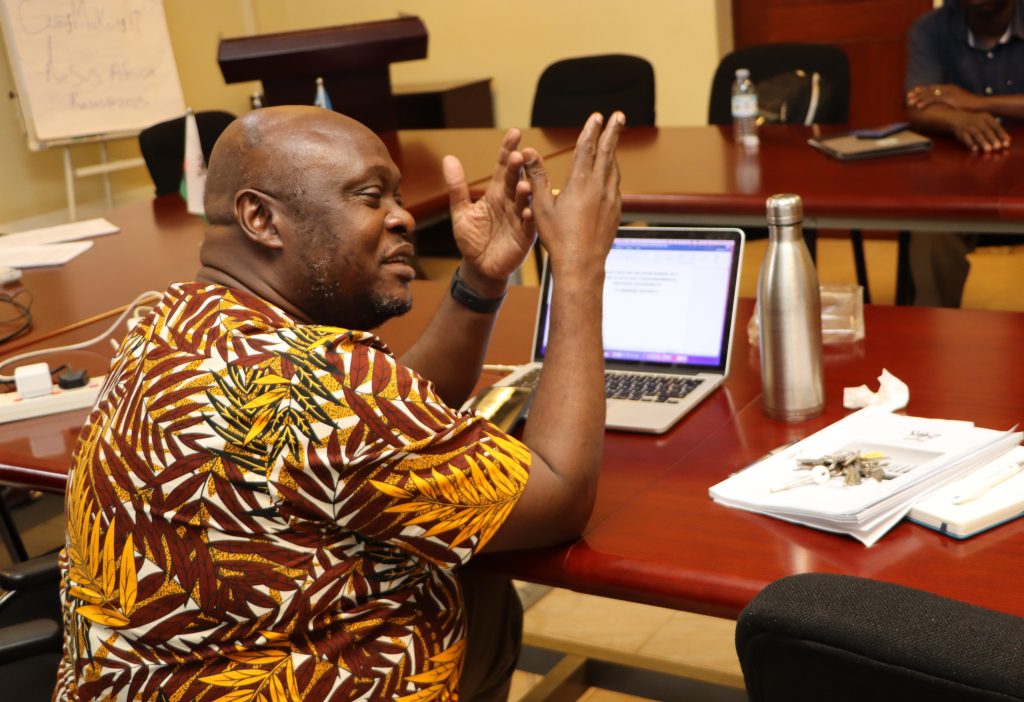
Prof. Ochen noted that the National Planning Authority (NPA) had tasked all institutions with aligning their strategies to national priorities under NDP IV. Makerere University responded by establishing a task force that drafted the current strategic plan. CHUSS, in turn, organized this retreat to scrutinize the document and provide a comprehensive position paper articulating the college’s interests and aspirations.
He recalled CHUSS’s history of excellence in policy input, referencing the college’s highly regarded submission to the Education Policy Review Commission chaired by Amanya Mushega.
“CHUSS prepared the best position paper of any college… and the committee appreciated that document. I believe we shall emulate that success again.”
CHUSS’s Strategic Role: Beyond the University
Dr. Martin Baluku, the retreat convener, elaborated on the importance of CHUSS’s inclusion in the university’s strategic direction. He emphasized that humanities and social sciences are not peripheral, but central to both national and international development objectives. Baluku is also Dean, School of Pyschology.
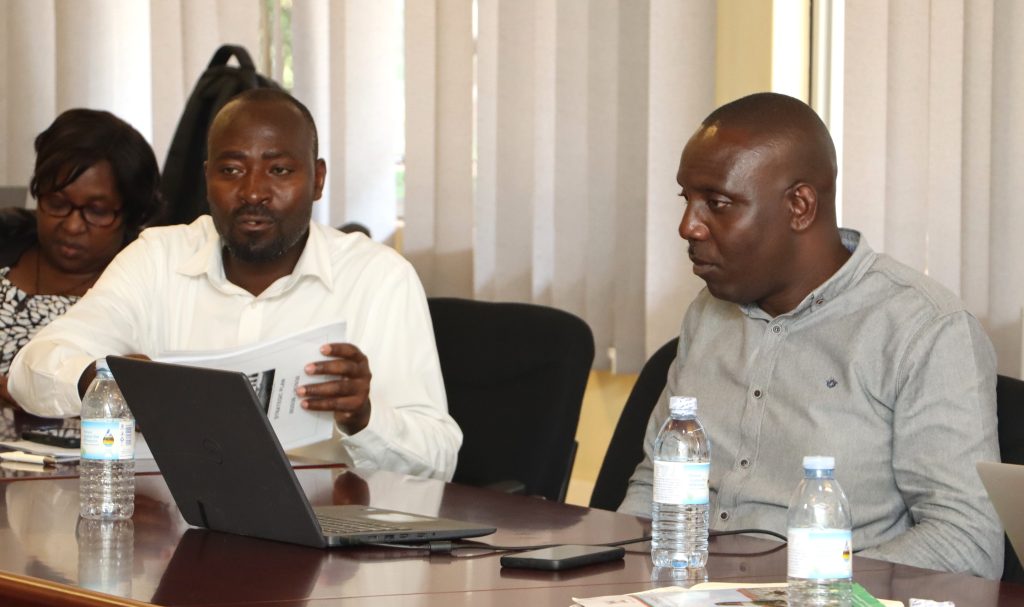
“Human capital development cannot happen fully without the contributions of the humanities and social sciences,” Dr. Baluku stated.
CHUSS’s representatives reviewed the proposed strategies, identifying gaps and suggesting improvements to better reflect the college’s academic and societal contributions. While committed to the overall success of the university, CHUSS emphasized that its role in shaping thought, preserving culture, and promoting social development must be explicitly recognized in both strategic goals and implementation frameworks.
Observations and Concerns: Towards a More Inclusive Strategy
Dr. Baluku expressed appreciation for the general direction and improved clarity in the strategic plan’s language. He applauded the plan’s alignment with national priorities, which could improve government funding and policy support.
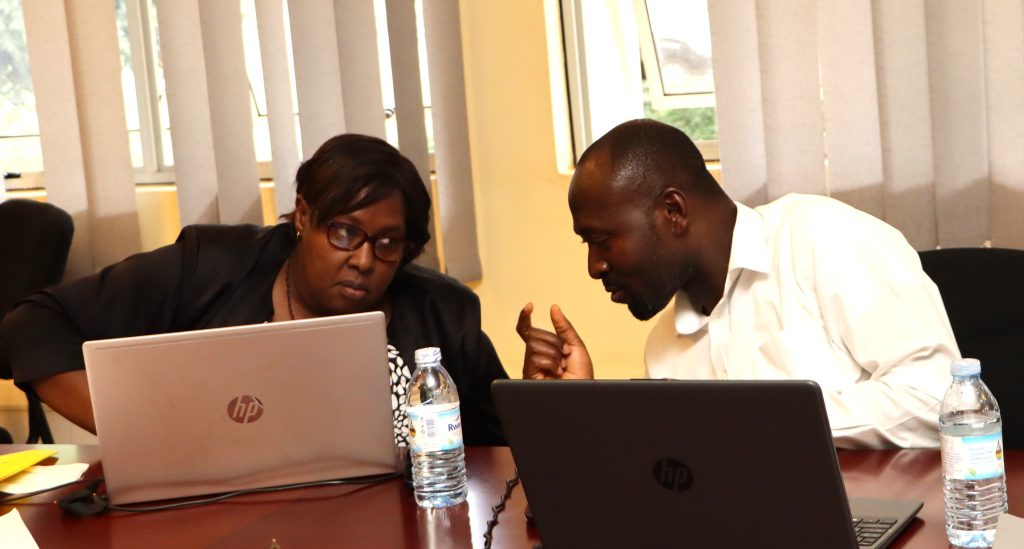
However, he also raised concerns about limited representation of CHUSS in the proposed infrastructure projects, despite the college’s large student population and pressing space constraints.
“That was a little bit of a disappointment… given the contribution we make in terms of students and the constraints we are facing in teaching and research spaces.”
He further questioned the overemphasis on Technical and Vocational Education and Training (TVET) in the plan’s narrative, warning against reducing the university’s role to vocational training at the expense of its core mandate—to develop critical thinkers and scholars who transform societies.
A Call for Bottom-Up Planning
One of the most significant takeaways from the retreat was the call for a bottom-up approach to strategic planning. Dr. Baluku argued that instead of aligning unit strategies to a pre-determined university strategy, the process should begin at the departmental level, feeding into school, college, and finally university-wide plans.
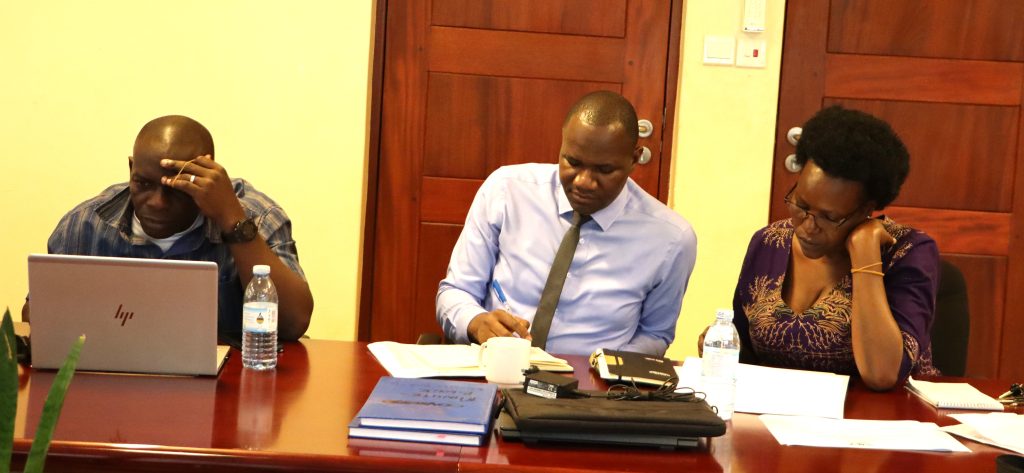
“If we begin with unit or departmental plans and then head towards the general university plan, it would have a more representative and inclusive strategy… rather than one that is developed in a boardroom and cascaded down.”
Looking Ahead
As CHUSS concludes its retreat, the team is committed to compiling a comprehensive position paper that reflects its strategic vision and contributions. This document will be presented and submitted to the university’s strategic planning task force for integration into the final plan.
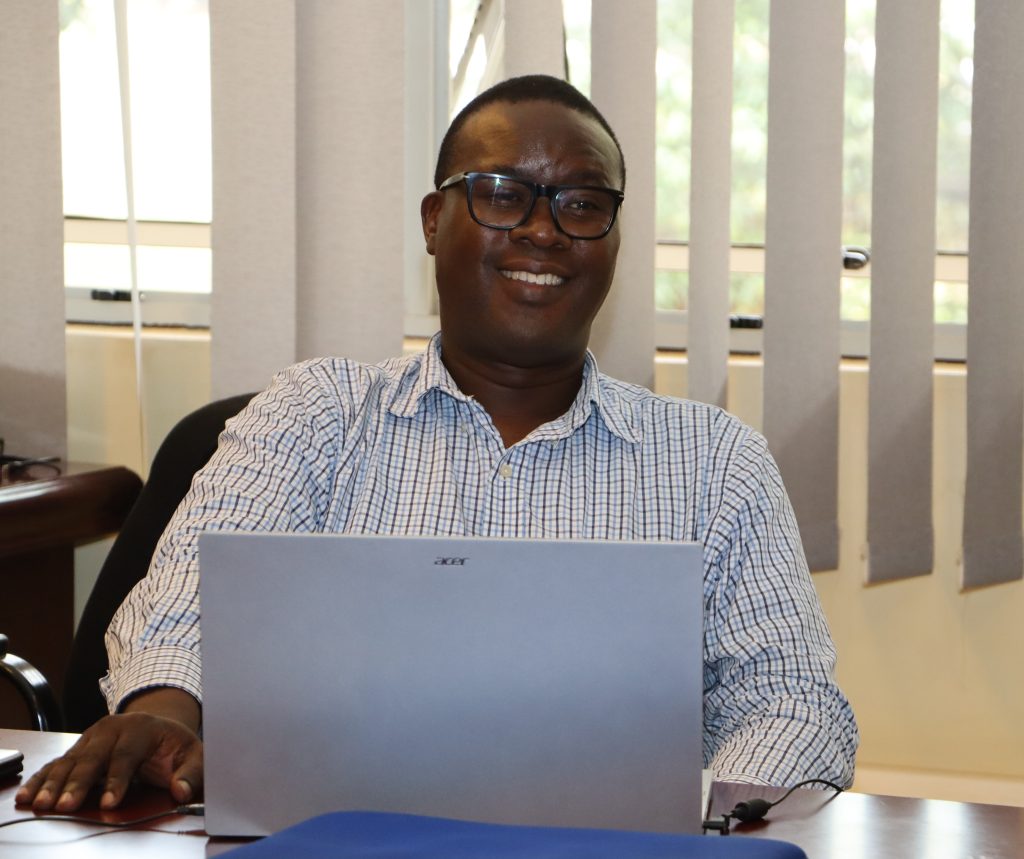
The retreat reaffirmed CHUSS’s dedication not only to its own growth but also to the broader mission of Makerere University—to be a globally recognized institution that fosters transformative knowledge and development, fully in step with Uganda’s national aspirations under NDP IV.

